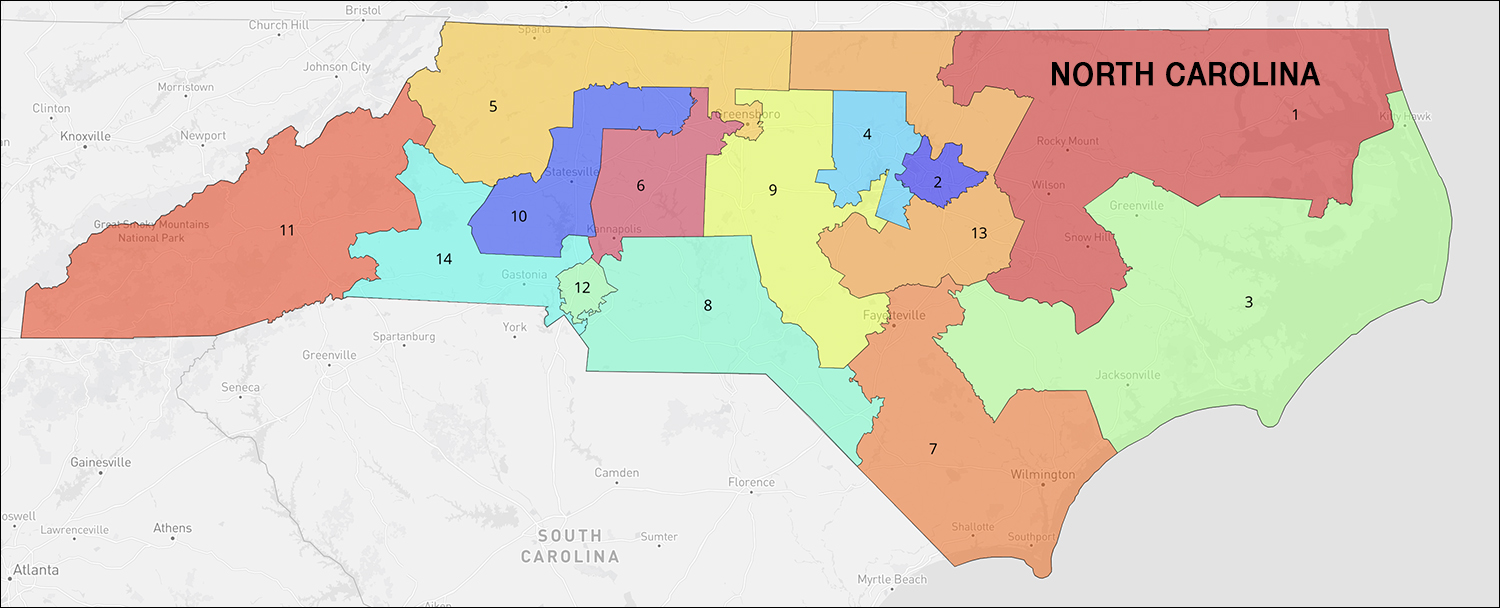By Jim Ellis — Friday, Oct. 10, 2025
We saw several key US House announcements during the week, all of which will lead to competitive campaigns.
ME-2
Rep. Jared Golden (D-Lewiston) has drawn a strong Democratic primary opponent. State Auditor and former Secretary of State (appointed positions in Maine) Matt Dunlap announced he will challenge Golden for the party nomination in the June 9 primary.
Dunlap has already unleashed a one-minute digital ad (see above video) attacking both Rep. Golden and former Governor Paul LePage, who at this point is unopposed in the Republican primary. The Dunlap ad attacks Rep. Golden as “bad,” and ex-Gov. LePage as “worse.” The attack centers around their lack of opposition to (Golden) and support for (LePage) President Trump.
Clearly, Dunlap is executing a Democratic primary strategy, moving far to the left with rhetorical talking points attempting to attract the party’s Democratic socialist faction. While this approach may well pay dividends in the Democratic primary, it will place him in a difficult place for the general election in a 2nd District that is the most Republican seat in the nation to elect a Democratic Congressman, and one that President Trump carried in all three of his national campaigns.
The Golden-Dunlap congressional primary will be an interesting race, and with ex-Gov. LePage running as the Republican nominee in a district he carried in all three of his statewide elections, ME-2 could realistically become the GOP’s top national conversion target.
NC-1
North Carolina’s 1st District is the focal point of the Republican legislative leadership wanting to redraw the state’s congressional map. Rep. Don Davis’ (D-Snow Hill) seat is one of 13 that voted for President Trump but then rebounded to elect a Democrat to the US House. In Rep. Davis’ case, his victory margin was a tight 49.5 – 47.8 percent, thus making him an obvious target for the redistricting pen.
To reiterate from past Updates, North Carolina has a unique redistricting system. The legislature controls the entire map construction process because the Governor has no veto power over legislative action directly relating to redistricting. Now that Republicans have a majority on the state Supreme Court, which means the Republican legislature and the high court are united in their interpretation of redistricting law, again redrawing the congressional map with minimal alterations is a real possibility.
This week, Lenoir County Commissioner Eric Rouse (R) signaled that redistricting is forthcoming with his entrance into the 1st District congressional campaign. Rouse will face former Rocky Mount Mayor Sandy Roberson and state Sen. Bobby Hanig (R-Currituck County) in the Republican primary if not others. If redistricting is completed, the eventual Republican nominee will have a strong chance of unseating Davis. If not, we will likely see a toss-up battle form in a district with an electorate proven to swing between both parties.
The North Carolina primary is scheduled in the early cycle for March 3. The state has a 30 percent runoff rule, meaning a candidate is nominated if his or her vote percentage exceeds this percentage plateau. If no one reaches such a number, the top two finishers will runoff on May 12.
TX-21
As expected when he resigned his position as a Federal Election Commissioner, Republican Trey Trainor this week announced his candidacy for one of Texas’ eight open US House seats under the new redistricting map. Incumbent Rep. Chip Roy (R-Austin) is risking his TX-21 seat to run for state Attorney General.
Trainor has long served President Trump. With the original 2016 presidential campaign, Trainor was a legal counsel for the Republican National Platform Committee, then a transition team appointee for the Department of Defense, leading to President Trump appointing him to the Federal Election Commission in 2020.
During his tenure, Trainor served as both Chairman and Vice Chairman of the body. In his official position, he represented the United States as an election observer for the Romanian presidential election and the Costa Rica national elections.
Already in the 21st District race is former baseball player Mark Teixeira who came to sports fame when playing for the New York Yankees and was a member of the 2009 championship team. Teixeira was born in Annapolis, Maryland; attended Georgia Tech University; and lived in Connecticut for a decade with no political experience, which will contrast with Trainor who was born and raised in Texas, and been involved with the state’s political system during his entire career.
Also in the race are businessman Jason Cahill, healthcare company executive Kyle Sinclair, State Republican Executive Committee member Michael Wheeler, and several minor candidates.
The GOP primary will be decisive here because the new 21st is again solidly Republican. The Texas flood tragedy, which occurred in this district during July, will be a major focal point of this campaign as the candidates will argue as to who best can help manage the massive recovery operation for which the federal government will maintain a key lead role.
The Texas primary is an early March 3. Should no candidate receive majority support, which is likely, a runoff between the top two finishers will occur on May 26.






